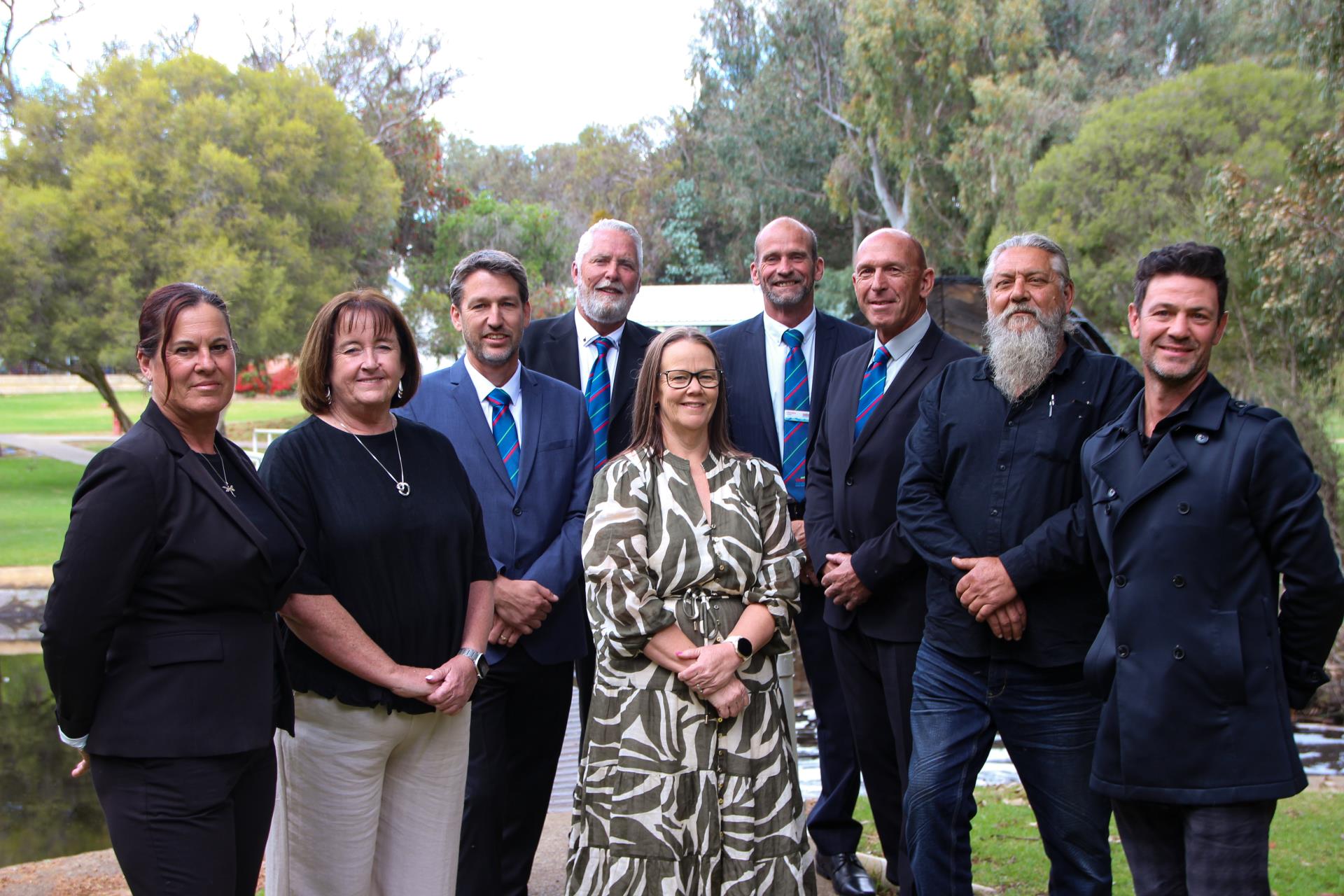The Role of Council
Western Australia's Constitution requires that the State Government establish local governments to provide services for the community. Local government is the closest tier of government to the community and is established under the Local Government Act 1995.
Council is responsible for setting the strategic direction of the Shire, policy development, determining the range and scope of services to be provided, ensuring an appropriate administration structure, and approving the annual budget.
The Shire of Gingin has 9 Councillors elected by the electors of the Shire. The President and Deputy President are elected by the Councillors from amongst themselves. Councillors do not have the power to act individually, and decisions can only be made collectively at Council meetings.
Councillors
Your Councillors represent you: the Community.

Contacting Councillors
To contact a Councillor, use the contact details provided above.
If you send an email via the Shire's general email address, it will be dealt with by the Shire's administration. Depending on the matter, it may be forwarded to Councillor/s.
Please note your email correspondence will be recorded in the Shire's records management system.
Enquiries
Contact the Shire on (08) 9575 5100.